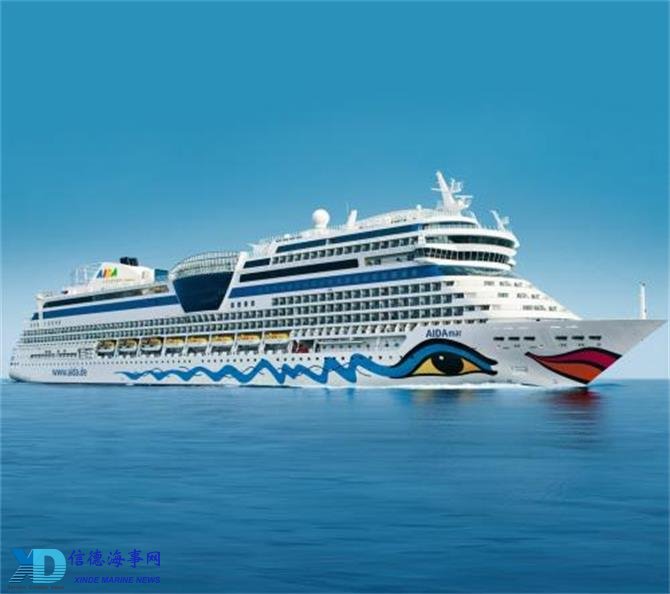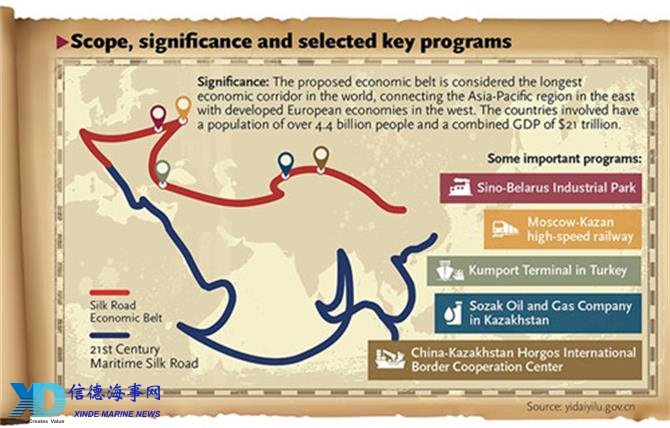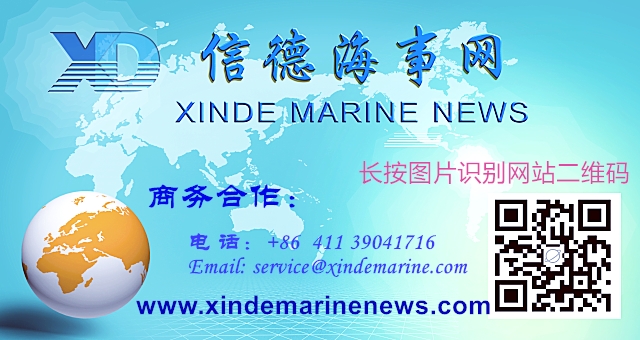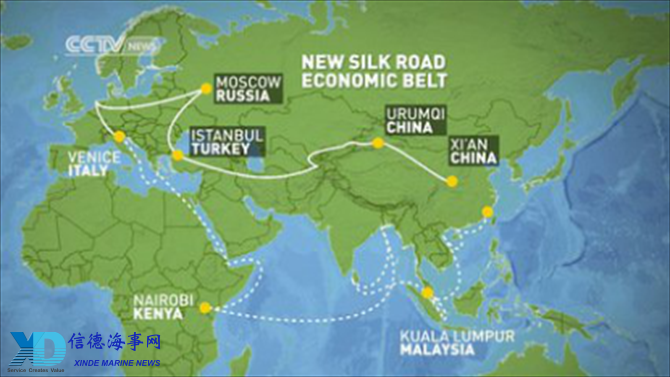China's Belt and Road policy can only benefit the cruise industry
China’s Belt and Road Initiative, its benefits and the influence it could bring to Asia and overall global cruise travel market dynamics, was a discussion point at Seatrade Cruise Asia Pacific 2017.
Dr Zinan Liu, president of China and North Asia Pacific Region, Royal Caribbean International explained how the Belt and Road strategy stems from the historic Silk Road and China’s investment in infrastructure in countries along the road. He said the initiative extends to the ocean-based ‘Silk Road’ which will help develop a more extended and diversified economy.
For better uptake in the cruise industry, Liu said there is a need to develop more appealing itineraries and infrastructure to accommodate cruise ships.
‘On the face of it there are already several large terminals, but the issue is functionality’, he argued. He gave examples of impediments such as limited access channels in and out of Shenzen and Baoshan, which cause delays and negatively impact passenger experience.
His concerns were also regarding the impact of geopolitics on the industry. The China ban on its citizens going to Jeju earlier in March 2017, had RCI responding within a week to reconfigure 104 sailings.

Kenneth Wong, gm, MICE and Cruise at Hong Kong Tourist Board said the Belt and Road initiative was cross-regional and across sectors.
‘Its attributes are relevant to cruise and it is up to players how to leverage and get best benefits from the initiative,’ he commented.
For its part, HKTB works with partners to offer diversified itineraries, enhance infrastructure, connectivity and favourable visa policies, and to sustain growth.
As an aside, he called attention to Hong Kong’s ‘unique phenomenon of ocean cruises to nowhere’ by the Genting Group. ‘In the past there was a perception these cruises were a solely gaming itinerary. However, on closer look, the current scenario is that the sailings have a mixed clientele as a getaway itinerary for a younger clientele and for the family segment to spend quality time and also ideal for the MICE market,’ said Wong.

Helen Huang, president Greater China, MSC Cruises said MSC Lirica will use nine homeports in China within a year. The vessel is currently in Shanghai and will travel from Shanghai to south China. She said the ship had been popular in the Mediterranean with Asians and now they can experience the vessel here.
Belt and Road allows neighbouring countries to benefit, added Huang. She, too, called for improved cruise infrastructure which would be beneficial and allow for better itineraries.
Apart from building hardware such as berths and terminals, consideration should be given to immigration procedures, Huang said.
She expects the initiative could also lead to the further easing of visa restrictions so that cruising the maritime Silk Road will become easier. She said currently some destinations may be interesting to Chinese consumers but CIQ procedures are off-putting. ‘We can only choose a limited number of ports,’ she said.
Anthony Kaufman, evp, international operations, Princess Cruises considered the voyage of Majestic Princess to China this year from Rome to Shanghai a maritime Silk Road voyage for international passengers. He said with cultural performers and artisans on board, passengers were able to have a mixed cultural experience.
Ken Muskat, ceo, SkySea Cruise Line said any initiative such as Belt and Road that is based on development, growth and education will benefit the cruise industry.
He sees it as providing opportunities to build communications and relationships, and expand.

SkySea has carried 50,000 guests so far, operating four- or five-night cruises out of Shanghai and to Japan/Korea and is expanding its homeporting in China from four to five ports next year.
Dr Huang Huang, director of the China Tourism Academy said the Belt and Road initiative could help the development of China’s inbound and outbound tourism market.
He spoke about imbalances caused by China’s limited vacation of five days a year plus national holidays but said China’s aging population has plenty of free time and more money. However private joint venture companies in China are now starting to give paid leave of up to 20 days, which should change the situation and allow more people to cruise.
sources:seatrade-cruise
投稿或联系信德海事:
admin@xindemarine.com





